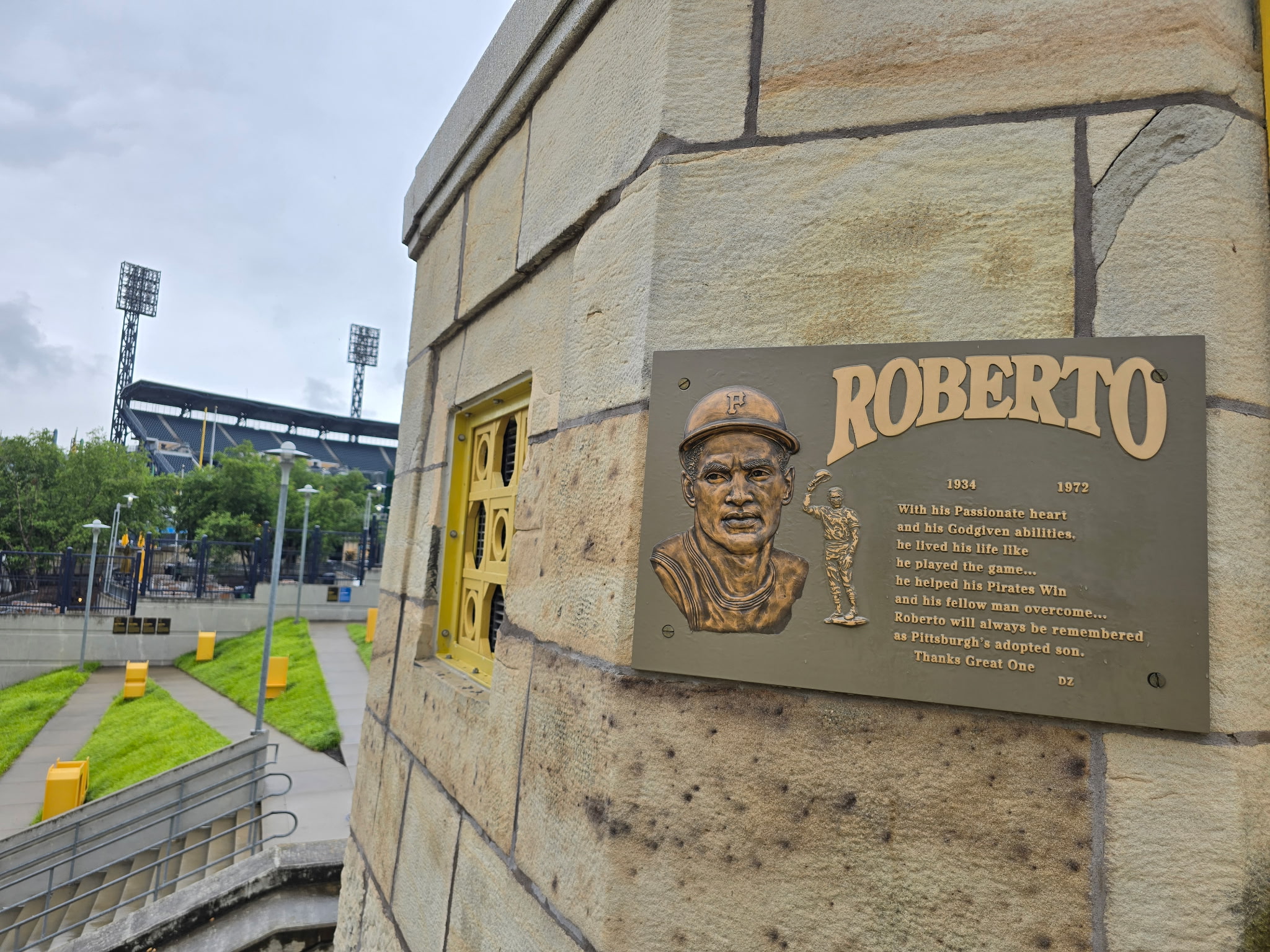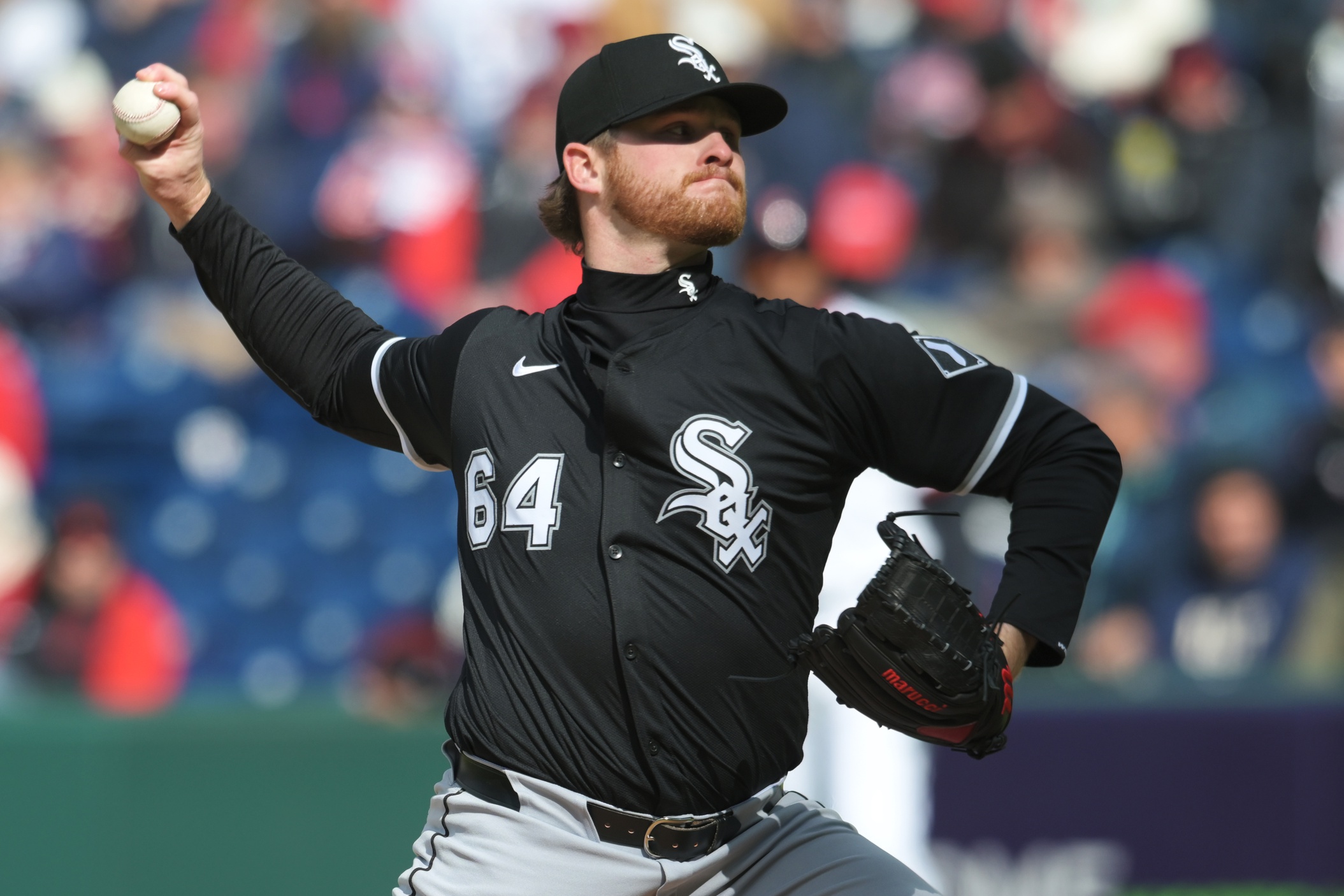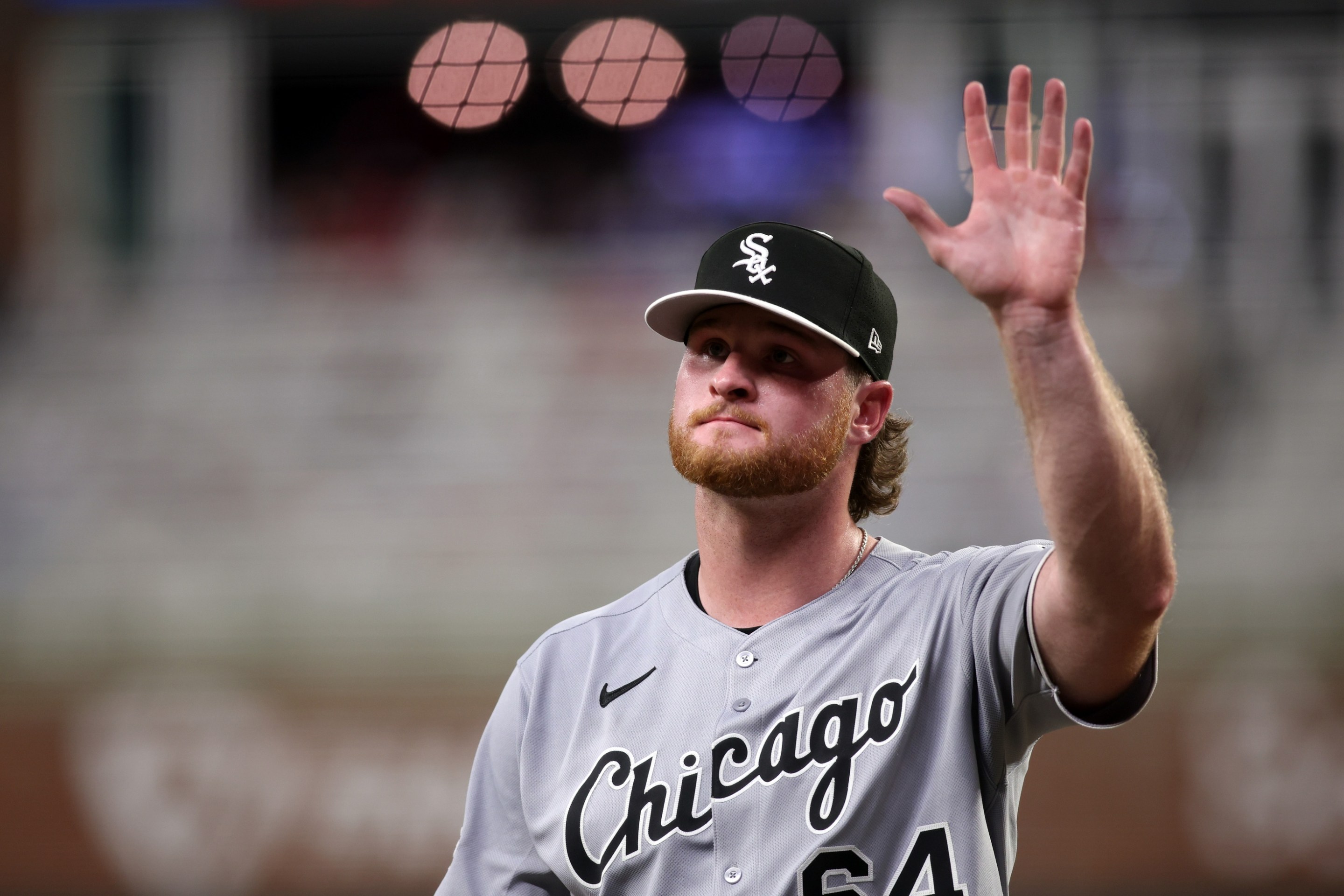Back during my South Side Sox days, I read and wrote about Craig Wright's The Diamond Appraised, one of the early attempts at establishing a sabermetric mindset into the greater baseball-watching discussion.
It's no surprise that the book was hit-or-miss in terms of relevance since it was published in 1989 and has been long out of print, but one passage that I cited for its prescience stuck with me:
The longer a game exists, the more sophisticated it gets. The competition is so fierce that anything that works is likely to be repeated throughout the sport. This causes a leveling off of performance, and the impact of even a truly great player is reduced. There is a dulling of extremes that in turn places a new emphasis on smaller edges. The pressure to win generates specialized pitching roles, a greater emphasis on platoon matchups, and one-dimensional bench players.
While specialization helps create new winning edges, it dehumanizes the game and returns us to an unpleasant aspect of the larger society from which we are trying to escape.
Wright was talking about the specialization of individual players and strategies, which is something baseball is battling (pace of play, three true outcomes, etc.). But the larger theme came to mind when reading Travis Sawchik's FiveThirtyEight post about whether minor league games are necessary, and the discussion/backlash it generated.
The article itself is more or less fine, although Minor League Baseball immediately upset Sawchik's segment about attendance decline with the announcement that attendance experienced its biggest year-over-year growth in more than a decade. That miscalculation aside, the piece more or less focuses on whether teams can rethink their approach to minor-league progressions the way they're reconsidering all other aspects of preparation and development, since a lot of skill acquisition is happening off the field. When the Houston Astros reduce their clubs from nine to seven, it could be a bellwether for the rest of the league.
Aside from the part about attendance, the biggest issue might be the headline. "Do We Even Need Minor League Baseball?" is a terrible one, because Sawchik is writing for a site with a general audience, not a trade publication. Maybe "we" don't need minor league baseball in its current form if "we" work in a front office and directly profit from optimized resource allotment. "We" the baseball-enjoying public definitely need some sturdy form of the minor leagues, lest the sport abandon most of the country in organized and recognizable forms.
Take that headline and pay no acknowledgement to the fans except to point to an attendance trend that turned out to be fleeting, and that'll set some people off, like Deadspin's Albert Burneko.
No but seriously: This seems more and more like the dystopian endpoint of Processism, and more broadly of the analytics revolution in sports. The first part of that revolution involved advanced metrics and abstractions coming out of theoretical space and being brought to bear directly upon the on-field tactics and personnel moves of sports teams. But the second part, which began with the advent of “The Process,” increasingly involves withdrawing sports from physical space and rendering it purely theoretical, ever more fully the domain of front-office executives. This reduces the people who play the sport, as well as the actual events of the sport as played by those people, to noisy, messy free radicals that can only serve to fuck up the real game, which happens in virtual space, or at least in some pasty executive asshole’s office, on a computer running a number of proprietary algorithms or whatever.
There's probably a way to reprogram minor league baseball so that player acquisition more resembles independent ball -- fewer draft picks, more free agents -- but the larger stability seems like a selling point for affiliates that have to hustle in every other direction to get fans into the park due to the ever-shifting rosters, and for the cities that commit to the sport (although that's kinda turned into a racket, too). A city like Rochester could feel OK about building a $3.3 million stadium in 1997 because they get a good quality of ball that somebody like Danny Mendick's grandpa will support for 70 years. That solid baseball presence hours from the nearest MLB team helps get baseball players out of areas that typically don't produce them.
"My grandpa has been a Red Wings season ticket-holder my entire life," Danny Mendick, 25, said. "I can't remember the amount of times my dad and I would go with him and try to catch foul balls or watch the Friday night fireworks after the games. It made me want to do this someday."
That anecdote over-romanticizes the reality of baseball's wringer, but the relentless search for optimization needs some sort of human counterweight in order to keep the reason for it even existing in mind. "Work smarter, not harder" is always good in theory, but there's a thin line before efficiency can turn on you. We've seen it up close, from the privatization of the patio seats to the scolding of fans who don't place so much emphasis on the 2026 payroll. This relentless pursuit of the most lucrative outcome leads to businesses snuffing out anything that could be too good a deal for the paying customer, and markets like Pittsburgh are there to show you what happens when years of understated antagonism never quite pay off.
Spare Parts
A few other things I wanted to get to:
Speaking of Pittsburgh, the players are now turning on each other.
Byron Buxton is done for the year after undergoing surgery on his shoulder. He made it into just 87 games, which is exactly what he averaged in his three previous attempts to stick in the majors for a full season. With injuries mounting along with Michael Pineda's suspension, the Twins' five-game lead isn't as sturdy as it may seem.
The Brewers, who just overtook the Arizona Diamondbacks for third place in the National League's wild card race, will have to try to complete their climb without their best player after he Jermaine Dye'd himself on a foul ball to the kneecap.
James Fegan here with a really good story about Erin Santana, and the challenges she faces in challenging White Sox prospects to overcome their apprehension with English and the larger struggles with culture that most baseball fans might not even consider.






